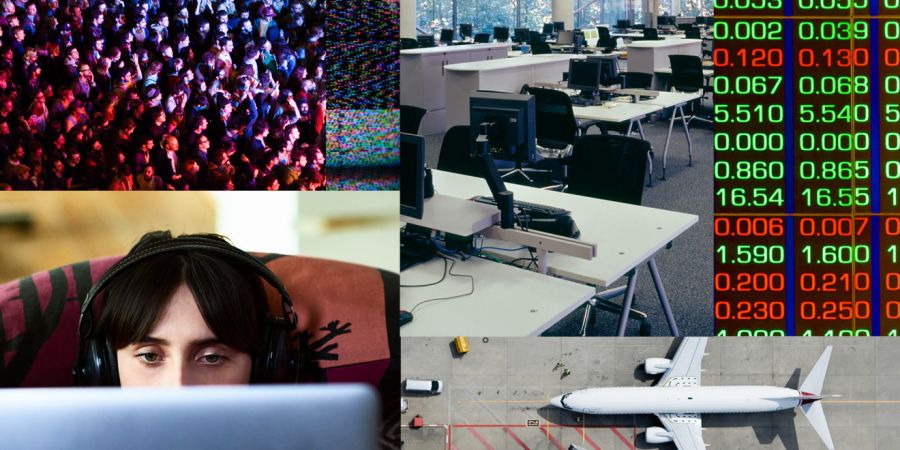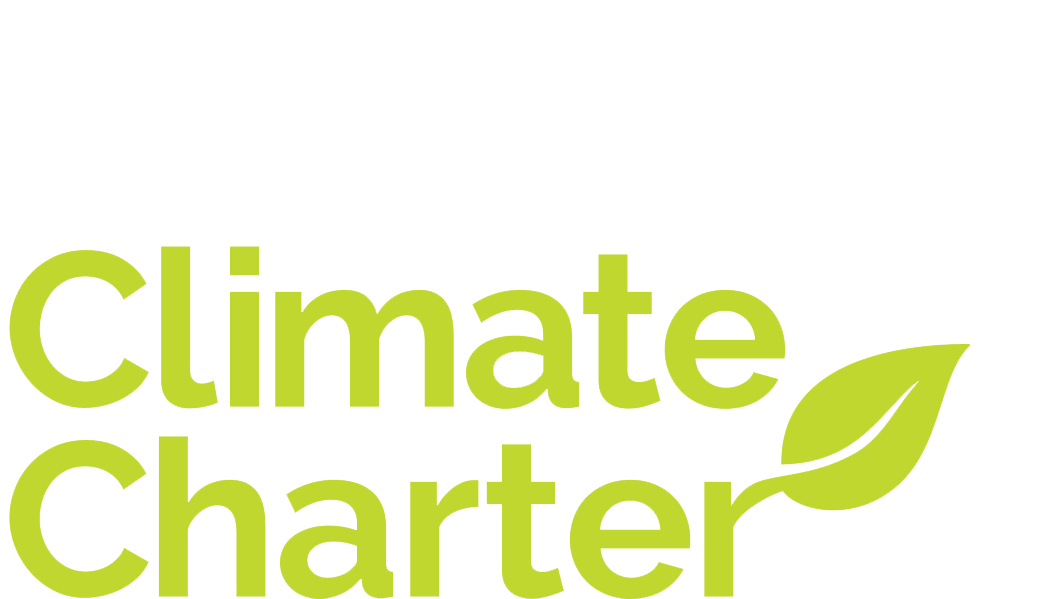How Coronavirus Is Disrupting the Advertising Industry

As the outbreak upends timelines and traditions, could this also prove to be a turning point?
Most of the marketing and advertising business is in wait-and-see mode.
The global advertising industry is no stranger to disruption and turmoil. Agencies and media companies have endured everything from natural disasters to overthrown governments, but these scenarios rarely spill beyond national borders.
The current outbreak of COVID-19, however, is different. Between widespread travel restrictions and a dense cloud of uncertainty, the global advertising machine is slowing to a crawl in some ways and rapidly pivoting in others.
Some corners of the industry already have been hammered by the spread of the coronavirus that causes COVID-19. Several events have been canceled (Editor’s note: Since this story published, South by Southwest was canceled after all). Next to suffer will be the advertising production industry—a world ruled by tight deadlines, inflexible budgets and seamless travel—as its schedules are thrown into disarray. And most holding companies are mum, not wanting to spook investors.
On the other hand, TV executives and media agencies are barreling ahead as the TV ad market remains strong, speculating that audiences could grow as consumers stay home.
What’s clear is the large-scale disruption has the potential to transform the industry, forcing brands and agencies to adapt and consider options like letting staff work remotely, using local resources that don’t require international travel and creating virtual events that are more than just lifeless videoconferences.
Could this period of uncertainty mark an inflection point that marketers and advertisers will look back on as a moment of turbulence and transformation? Adweek spoke with leaders about how the virus will affect four key parts of the industry: ad spend, experiential marketing, agencies and production companies.
1. Ad Spend
TV could continue to thrive
Early indications are that overall ad spending could take at least a temporary hit, but TV could actually benefit from people staying home, tuning in to news and streaming programming.
Publicis Groupe’s Zenith said this week it would lower its December prediction of a 4.3% rise in global ad spending this year due to the coronavirus, according to The Wall Street Journal. Also this week, New York Times CEO Mark Thompson said the Times “is seeing a slowdown in international and domestic advertising bookings, which we associate with uncertainty and anxiety about the virus,” and that the publisher now expects first-quarter digital advertising revenue to drop 10%.
Meanwhile, the consensus from TV ad-sales professionals Adweek contacted was a combination of optimism—fueled by a belief that a ratings increase between the 2020 elections and coronavirus coverage should translate to an increase in ad revenue—and “it’s too early to tell.”
On the strength of the 2020 election cycle and the Summer Olympics, U.S. linear and digital ad revenue had been projected to grow 6.6% this year, to approximately $238 billion, according to Magna’s most recent global ad forecast.
And while coronavirus concerns have already upended some early upfront events, buyers and TV ad-sales execs tell Adweek it hasn’t yet affected any business in the scatter market, which has been robust this TV season, aside from the travel category scaling back its buys.
The industry traditionally sees ratings spikes when major events like bad weather keep people indoors for extended periods, but those could be less noticeable now as TV viewing has become so fragmented. “I think we’ll see an increase in time spent with video, but that will happen across live, delayed, VOD and streaming, so the impact will be tough to measure solely by Nielsen ratings,” said David Campanelli, co-chief investment officer, Horizon Media.
Still, “any time people are at home, there’s a chance their video consumption is going to go up,” said Steve Nason, a research director at Parks Associates, a firm that specializes in entertainment and content services. “So in a way, it could actually boost viewership numbers for a lot of these companies, a lot of these video-on-demand services or even services like Xumo or Pluto that lend themselves to continuous play.”
Steve Nason, research director, Parks Associates
NBCUniversal, meanwhile, said this week that ad sales have remained robust for for this summer’s Tokyo Olympics—the company has surpassed $1.25 billion in ad sales, a new Olympics record—as parent company Comcast and the IOC reaffirmed their commitment to the summer games amid coronavirus concerns.
Discussing the outbreak at the Morgan Stanley Technology, Media and Telecom conference on March 3, Comcast chairman and CEO Brian Roberts said the company and NBCU are “full-steam ahead” on Summer Olympics programming later this year and was optimistic that the event would go on as planned.
2. Experiential Marketing
Gloomy days ahead?
In the brand and agency world, several considerations are at play, especially as the industry puts more of a premium on experiences. Some global events have been canceled, including Facebook’s F8 developer conference and Mobile World Congress. Companies that have traditionally had activations at SXSW, including Mashable, Twitter, Facebook and Intel, dropped out. And TikTok announced it will not be in Austin.
Big tech companies like Twitter and Facebook can pull out of an event “without huge business implications,” said Chris Sojka, co-founder and CCO of Madwell, but “smaller brands are living in limbo trying to decide the opportunity cost between proceeding as planned and cutting their losses.”
“We see clients struggling with the reality of losing their investment in the [recently postponed] Expo West natural foods show in Anaheim,” Sojka said. “Many of them chose not to attend as they were unsure if they would get a credit or refund before the organizer announced the postponement.”
And while b-to-b conferences are feeling the squeeze, it’s still early for brands with consumer activation plans. But it is on the minds of agencies responsible for making them happen.
“The biggest challenge is that we’ve moved more and more into interactive, participatory, experiential work as an industry,” Sojka said. “This means lots of touching and close contact. And often such endeavors occur at large international gatherings, all of which seem ill-advised under such rapidly evolving circumstances.”
Alanna Lynch, CEO, Fake Love
Fake Love CEO Alanna Lynch said there’s “no doubt” the experience industry will be affected, “particularly around large-scale events with a global audience.”
“To better prepare for the inevitable shifts in consumer behavior, we are proactively thinking about how our approach to branded experiences may need to evolve in the short term,” Lynch said, “more specifically, how physical activations could be experienced virtually and then shared virally.”
Brand experience agency Optimist is beginning to see some fallout, with cancellations and what it calls “worst-case-scenario proactive planning” based on the locations of their clients, some of whom are in Asia, where the outbreak started. Additionally, the agency is working to ensure it doesn’t bear the financial brunt of a brand putting the brakes on projects.
“We are in the process of providing kill-fee scenarios for a large-scale experience that is still several months out as well as creating a Plan B and C to replace an experience and production that was initially scouted for the APAC marketplace,” said Optimist CMO Rose Odeh. “In addition to projects that may be impacted and a pause on spending, as an independently owned global agency, we need to assess the scenario and make the best decision for our clients, our business but most importantly, our team and their families.”
3. Agencies
Pivot and adapt
Most holding companies have issued guidance, built precautionary measures and put restrictions in place on nonessential travel. This could cause problems on the production front, where travel is such an essential part of the process. Adweek reached out to several holding companies to get a better idea of how their policies are evolving but did not receive information beyond what they have made public so far.
However, one global agency network, which asked not to be identified due to a corporate policy against discussing coronavirus response publicly, said the disruption caused by travel restrictions has been minimal and, in some cases, even somewhat of a positive.
Staff members have found they can replace time-consuming, in-person meetings with more collaborative digital discussions or videoconferencing, for example. A travel lockdown also means finding new solutions for production staffing. The agency said that in one instance, a U.S. creative leader who couldn’t fly to an overseas shoot was replaced onsite by a peer from the network’s local office, creating an opportunity for a collaboration that otherwise might never have happened.
For London independent Mr President, its size—it has 35 people on staff—is an advantage. Still, CCO Laura Jordan Bambach noted that working remotely and having all agency operations in the cloud makes any kind of disruption more manageable.
Laura Jordan Bambach, CCO, Mr President
“We can move really quickly, be flexible and change,” Bambach said. “We could be working from five different countries, and we’d still be able to do the work because that’s the way we’re built. We will be able to weather the storm.”
For some global agency and brand execs, the coronavirus is not their first experience with an epidemic. In the early 2000s, the SARS outbreak prompted many Asian governments to enact strict quarantines and travel restrictions. The unprecedented outbreak created tremendous logistical challenges for brands and their global agencies but also played a key role in helping companies prioritize digital offerings like ecommerce.
One agency executive based in Asia during the SARS outbreak said the region’s quarantine measures prompted many consumers to shift to shopping online. Clients turned to the agency to help put more effort and resources into communicating with these customers and meeting the increased demand for online ordering. In the long term, that could lead to lasting changes for brands in terms of the services they offer customers and how they interact with them.
While ecommerce is now mainstream, the current outbreak could similarly encourage companies to take better advantage of remote working tools and videoconferencing rather than putting so much effort into office staffing and global in-person gatherings. While the benefit of more face-to-face interaction is a tried-and-true way to foster relationships, companies don’t appear willing to risk the health and safety of their employees, at least in the short term.
4. Production Companies
Forging Ahead, with Caveats
Production companies, however, are still in wait-and-see mode, though many of those who work in production are seasoned professionals who have seen all manner of twists, turns and pivots which could serve to make these companies more nimble.
Still, the prospect of a brand canceling production can be costly for such agencies, and insurance doesn’t cover force majeure issues like natural disasters or, in this case, a virus.
Matt Miller, president and CEO of the Association of Independent Commercial Producers, and his team have been providing continuous guidance while also reinforcing the fact that this part of the industry has well-established business policies when there’s a disruption like a natural disaster or civil unrest. Late last month, AICP reminded members to keep marketers close while making production plans, reiterated its guidelines on cancellations and created a document on coronavirus to be attached to production agreements and bids.
Matt Miller, president and CEO, AICP
For his part, Miller has yet to see a perceptible slowdown in activity.
“We’re seeing and hearing various announcements, especially from agencies,” Miller said. “But if marketers, agencies and production companies are on the same page, working together, they’re all going to carry out their work as efficiently and safely as possible.”
Safety is a big issue among production companies, especially as teams travel from shoot to shoot and project to project. The Mill, for example, is continuing to build out what Josh Mandel, managing director of the firm’s L.A. office, calls “scenario planning” for its clients and staff based on the spread of the virus in California.
“A lot of it feels speculative at the moment because we don’t know what the actual impact will be,” Mandel said. “But we’re making sure we’re set up to help protect our employees and keep the lights on as a business.”
From a practical perspective, the agency, which is split between full-service production, CG and VFX work, and experiential, can accomplish a good number of tasks remotely, even with the high-touch nature of production.
“With the modern state of technology, we made everybody completely movable—within the office, within the studio—to be able to take the work to any workstation where we can easily replicate that at home,” Mandel said.
Kerstin Emhoff, co-founder of Prettybird, noted how quickly the discussion around coronavirus evolved. The agency had a film premiering at SXSW on March 15, and agency travel restrictions are starting to paint an increasingly challenging picture.
“You start thinking, ‘Wait a minute, what does all of this mean?’” Emhoff said. “‘What does it mean for our year or everything that we’ve planned through July that we’ve already put money down on?’ The biggest issue is how individual brands react to something so fluid.”
Noting that there is still uncertainty around the Olympics in Tokyo, the “ripple effect on everyone’s business is massive,” Emhoff said, “and that’s what’s hit home in the last 24 hours.”
A particularly interesting issue is that of location. While it may be cheaper for a company to film in Vancouver, for example, travel issues may keep a production in a shop’s hometown. Nancy Hacohen, managing director of Tool of North America, described how the agency bids on multiple cities early in the process to hedge its bets and avoid having to make a drastic change midstream. Part of that calculus now is that of crew well-being.
“When we’re choosing between cities, the producers are going to have conversations about which city is a safer choice now to make sure that everybody is taken care of,” Hacohen said. “It’s just a matter of being prepared.”
Choosing a location is but one of the many components of a production and Tool, which has been around for 25 years and works on experiential projects in addition to full-service production, enjoys the cumulative experience of long-tenured people on its staff who have managed complex productions.
“We have a well-oiled machine here,” Hacohen said. “The in-house team is very seasoned, and they know what they’re doing. We work like this all the time, no matter what.”
And while the coronavirus is still an unknown quantity, the fact that there are several sets of hands to help weather the storm for brands could prove to be one of the factors that allows the industry to successfully navigate through it.
“There’s no one that does it better than all of us,” Emhoff said of the production industry. “We’re the people that can pull something off in five days with whatever resources we have.”
Source: Doug Zanger, Mindy Smiley, Kelsey Sutton, Ad Week


